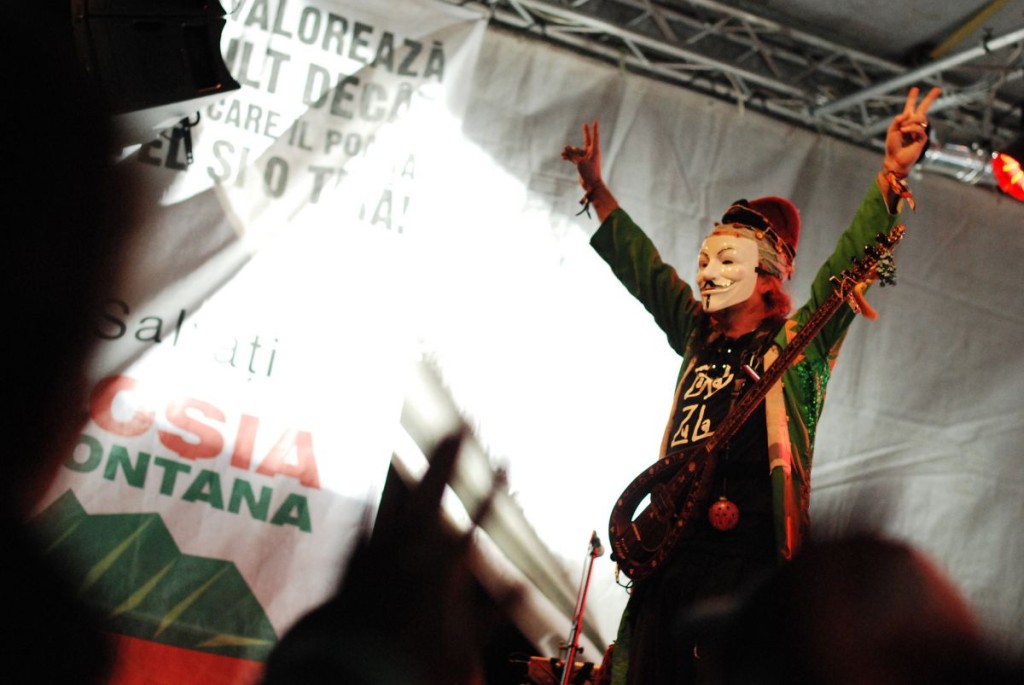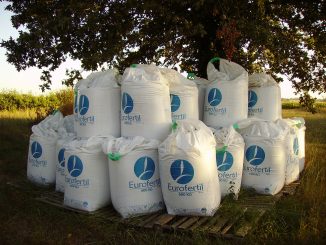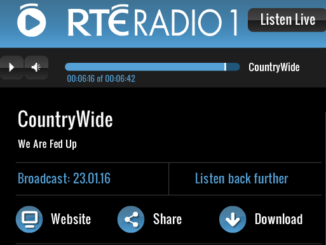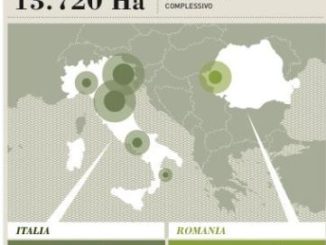
Written by Ramona Duminicioiu, Agrobiodiversity Campaign Coordinator for Eco Ruralis
Roşia Montană is a place like no other. It is a beautiful village in the Apuseni Mountains of Romania, which has struggled for its existence for over a decade, against the largest gold mining project ever proposed in Europe. The peasants living here don’t take for granted what nature has offered to them: beautiful mountains, hundreds of hectares of grassland and forests, lakes, cows, horses and all the little and important animals which bring life to traditional households. They show through their own examples of sustainable living, what is the future of rural development in mountainous areas. With the support of many groups and activists around the country, the locals of Roşia Montana have developed an impressive opposition against gold mining. At the same time, they have generated confidence and inspiration for a new generation of Romanian civil society actors to become involved.
Every year since 2004, Roşia Montană has hosted the FânFest (The Hay Festival). FânFest was born and developed out of necessity for awareness raising on issues related to mining, farming and cultural inheritance. Through the years, the event has brought support for the local community from tens of thousands of participants who came from Romania and elsewhere.
This year, FânFest took place between 11-17 August, engaging over 4000 participants in a vast program which included: a Peasant Market & Hand Made Fair, an Activist Social Forum, Guided Tours, Music, Theater, Literature, Exhibitions and many others.
The wonderful thing about this event is that it brings to life almost the entire village. It includes more than 10 different locations where activities take place during the day and the night. For an entire week, hundreds of people had the opportunity to join thematic guided tours and educational visits to some of the famous craftsmen and peasants in the area, such as: the blacksmith, bee keepers and wood craftsmen. FânFest is not just being celebrated on the streets, but also in people’s homes. Those who come to the festival, sleep and eat in locals’ homes, in their hay barns or in the backyards. This brings moral support and a financial income for people in Roşia Montană.
“Solidarity” was the slogan of this edition. FânFest is opened to various platforms and struggles, and offered a lot of space for issues like: land grabbing, genetically modified organisms, shale gas/fracking, TTIP, illegal logging and independent journalism. Groups from Romania, Spain, Germany, Turkey, France and UK enriched the program with workshops, debates, opened discussions and presentations. Representatives of anti-mining communities from Galicia, Spain and Mount Ida, Turkey shared their cause in the program of the festival. All the rural communities affected by destructive, unnecessary mining projects need a strong common front to push forward human and environmental rights. The strong bond created at FânFest between similar struggles, have the potential to build an European anti-gold mining network.
The Peasant Market and agriculture at FânFest. As a traditional partner of this event, Eco Ruralis co-organized the FânFest Peasant Market, an “agora”which gathered both participants and locals for the entire duration of the festival. Small producers from Rosia Montana and a few other villages from Transylvania, delighted the visitors with goodies produced following traditional recipes: zacusca, brandy, gems, syrups, pies and many more. The Peasant Market is meant to build supplementary income to the local community and to exchange food knowledge.
Eco Ruralis also organized farming related workshops. Eco Ruralis explained the methods used for land grabbing in Romanian villages, exposing cases investigated in various areas of the country. Together with InfOMG Romania, Eco Ruralis presented the situation regarding cultivation, placing on the market and the new legislative reform on genetically modified crops in Europe. In collaboration with an initiative group, Seminţe Libere, Eco Ruralis organized a 2 days seed exchange event, sharing over 500 packs of seeds to locals and people passionate about farming.
In addition, agriculture was debated through many other workshops, such as: Short Food Chains and development of small farming enterprises (Adept Foundation), Permaculture and Communities in Transition (Romania in Transition), Sweet and Healthy Food in Valea Barcăului (Slow Food Turda), Social Economy Atelier (the Foundation for Social Economy, Stanciova Community, Moara Veche, Târnaţ Durabil), Preserving Seasonal Food (React Association). The interest of the participants and the dynamic of the discussions were a great sign of encouragement for the groups who presented their work.

ManiFEST – a new activist festival.
The good news is that FânFest is not a singular event of it’s kind in Romania. Between 6-8 September 2014, the first edition of ManiFEST – an anti fracking festival, will take place in Puieşti village, in the northeast of Romania. This year, Chevron obtained the construction permit for a shale gas well in Puieşti, against the will of the local community.
According to the organizers, “ManiFEST represents a civic event, which is meant to raise a strong alarm signal regarding the danger of hydraulic fracturing in shale gas exploitation, focusing on communities and individual’s rights to a clean environment. Through this festival, we wish to present an alternative development for rural communities, beyond the unsustainable exploitation of natural resources. The festival will help raise awareness on the problem of hydraulic fracturing in Romania, especially among young people and it will help consolidate the resistance camp from Puieşti. It will also assist rural communities in Moldova region and beyond, in their fight against hydraulic fracturing.”
People from all over Romania are expected to participate at ManiFEST. Because there’s never enough to promote a cause so important, for all the good reasons we can think of, Eco Ruralis team encourages everyone to join the villagers of Puieşti.
Resource exploitation impacts agricultural land. Just like in the case of gold mining, the first communities affected by fracking around the world are the rural communities. Fracking can be classified as a clear case of land grabbing. Basically through fracking, which impacts large fields and water resources, the agricultural land’s destination is changed irreversibly towards industrial use. The confiscation of these basic resources, land and water, is literally depriving the rural communities of the ability to produce food and to raise animals, making food sovereignty impossible.
When will this destructive phenomenon of resources exploitation become an issue for the European Agriculture Commissioner? How can the Common Agricultural Policy be implemented on fracked or mined agriculture land? Having a crucial role in restricting the shale gas exploitation in Europe, the European Commission is leaving only the DG Environment and DG Energy to decide. But this is a far more complex debate, where the involvement of DG Agriculture is urgent and necessary.
More from Ecoruralis:
- Agritourism’s Expansion into Romania: Food, Fun & Knowledge Sharing
- Tough Times for Eastern European migrant workers
- Moldova: East or West, Capitalism Defines its Socio-Economic Terrain
- Will Dacian Cioloş remain as Agriculture Commissioner?
- Want to volunteer on peasant farms? Try WWOOF Romania!
- Pioneer’s GM maize 1507: a case history
- Grown men working 12 hours a day for a loaf of bread
- Romanian alternative food networks: growing through the cracks
- Victory for Romanian peasants over gold mining corporation
- Food Sovereignty: an idea whose time has come.
- Public Land Agencies: French SAFER model safe for Romania?
- Elections 2014 in Romania
- New open source database uncovers land grabbers




